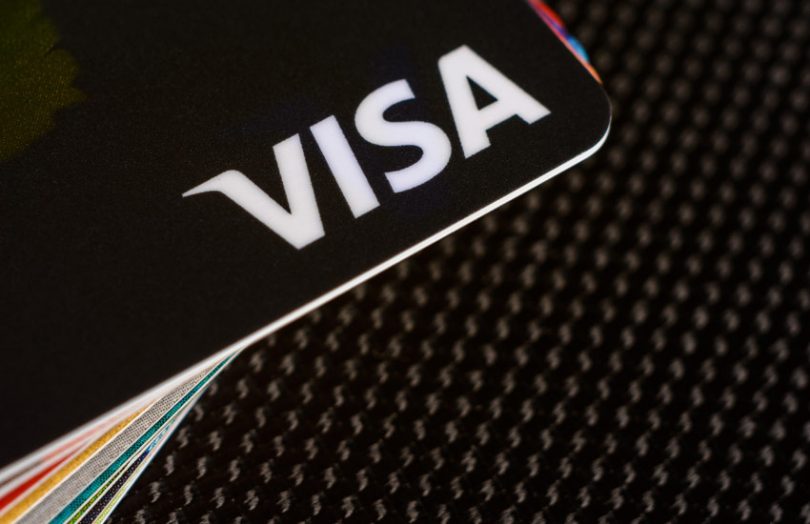Cuy Sheffield, Cryptocurrency VP at Visa, says that some startups already run their companies using stablecoins, eschewing bank accounts. He believes over time non crypto businesses will use stablecoins for corporate treasury as well. Sheffield was talking during Korea’s Upbit Developer Conference.
Stablecoins instead of bank accounts
Certain venture capital firms that invest in cryptocurrency companies transfer that funding using stablecoins. And that’s not an insignificant amount. According to KPMG, crypto and blockchain firms raised $8.7 billion in the first half of 2021, although we don’t know what proportion was funded in the form of stablecoins.
These crypto native startups then use the stablecoins to pay remote employees and vendors.
“So there’s this whole circular economy that’s emerging where stablecoins are becoming this treasury infrastructure for a new generation of crypto developers and startups,” said Sheffield.
“These companies are small, but they’re growing quickly. And we think over time there are going to be more and more products that make it easy for non crypto businesses to incorporate stablecoins, particularly for B2B payments.”
On a similar note, in March last year, Ledger Insights wrote about how most corporate treasurers won’t hold Bitcoin on their balance sheets. But crypto lending has enabled new high interest-bearing deposits on stablecoins, albeit not entirely risk free. Just five months after that article, the UK’s Association of Corporate Treasurers will be running an event about cryptocurrencies and digital assets.
Visa and CBDC
Back to Sheffield’s talk, and he spoke about how Visa is talking to central banks and the future proofing use cases they’re exploring with central bank digital currencies (CBDC).
“If you’re taking a long term perspective, it’s not just how can a consumer use CBDC to buy their coffee,” said Sheffield. “It’s how can a consumer use CBDC to purchase an NFT in some metaverse experience that we can’t even imagine five years from now.”
“We think that’s going to take the entire public and private sectors working together to come up with these new innovative solutions and bring fiat currencies into the digital age.” It also explains why Korea chose Ground X, which developed the Klaytn public permissioned blockchain to work on its CBDC.
Visa & native crypto support
During the Q&A, Sheffield was asked whether Visa would natively support cryptocurrencies.
It already provides numerous cryptocurrency platforms with Visa cards that enable crypto holders to pay at retail outlets using crypto. However, in these cases, the cryptocurrency exchange deals with the cryptocurrency side of the transactions. Visa deals with fiat currencies only.
However, the Visa payments network already supports the USDC stablecoin for settlement, and it has a close relationship with crypto custody bank Anchorage. Sheffield responded to the question by saying Visa will go where there’s demand, and currently, that demand is for stablecoins.
“But we think over time, the infrastructure we’ve enabled and our integration with Anchorage, we could absolutely support other stablecoins, other cryptocurrencies,” said Sheffield. “So we’re really focused on where are we seeing the most client demand. And then making sure that whatever we’re supporting meets the local regulations and rules.”






